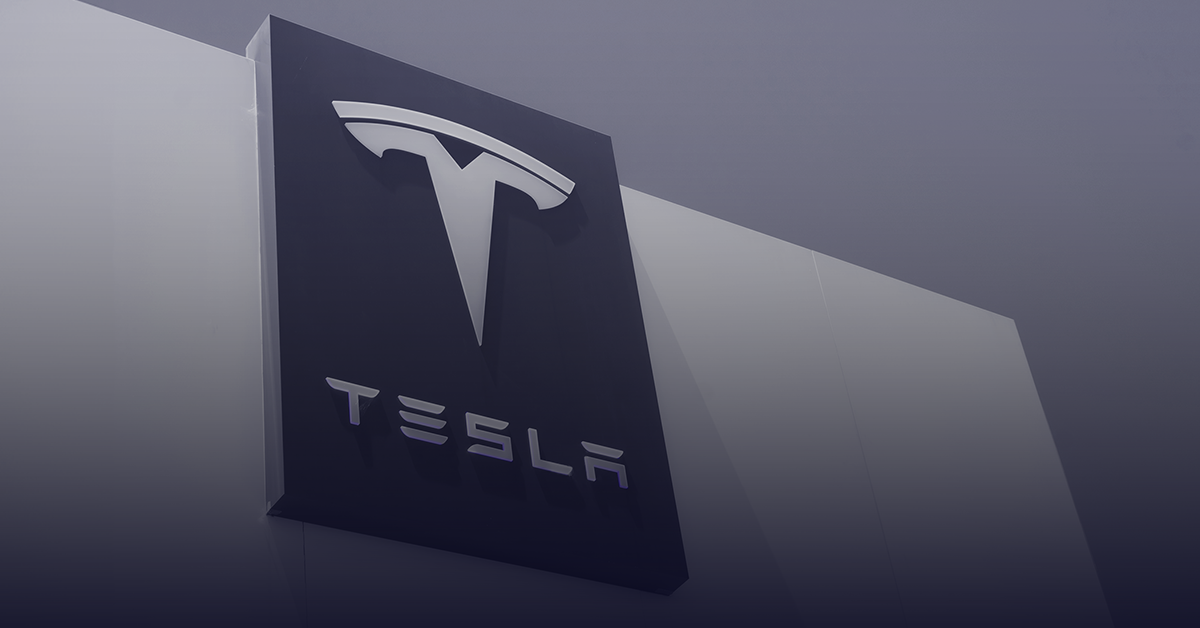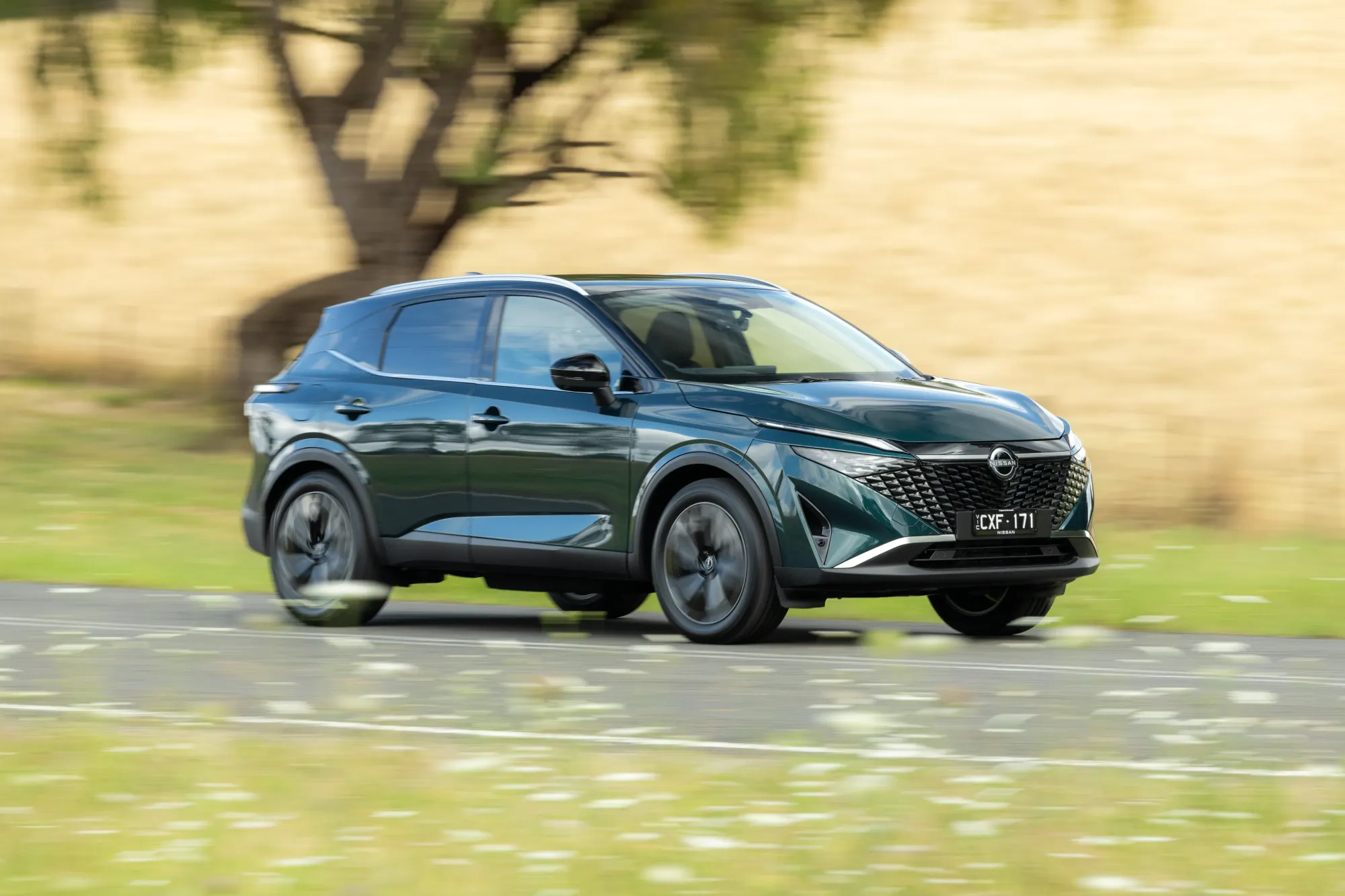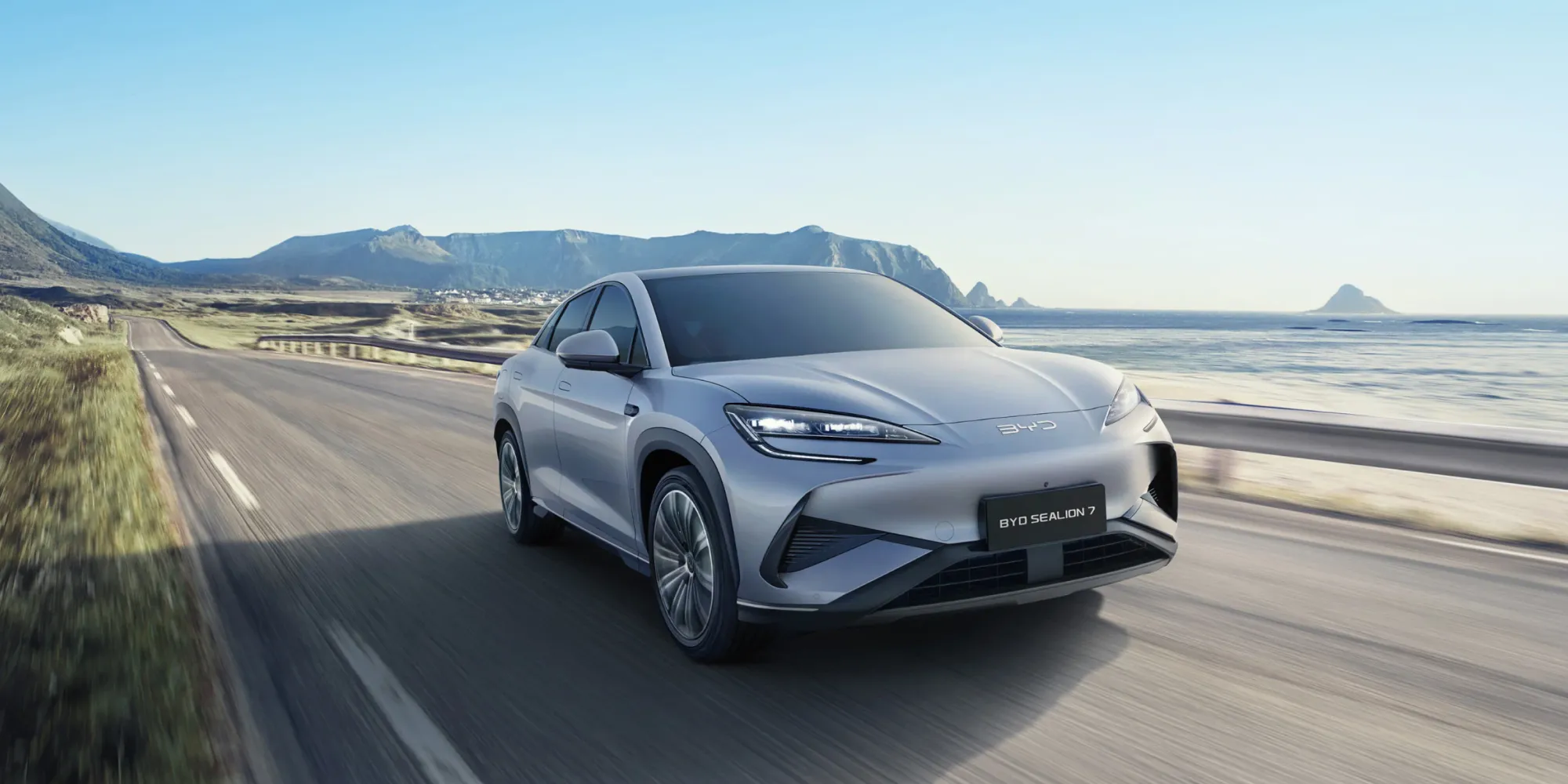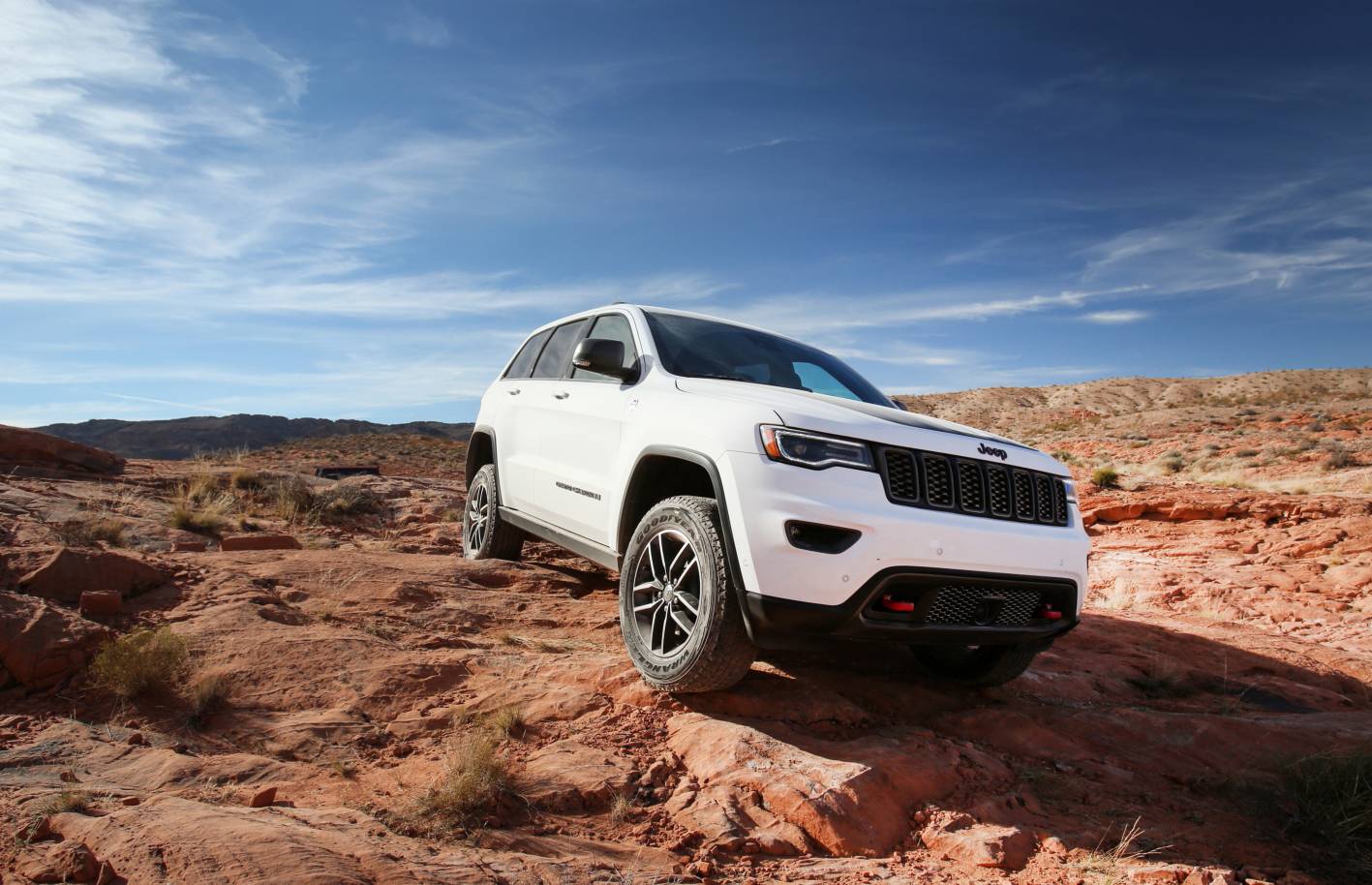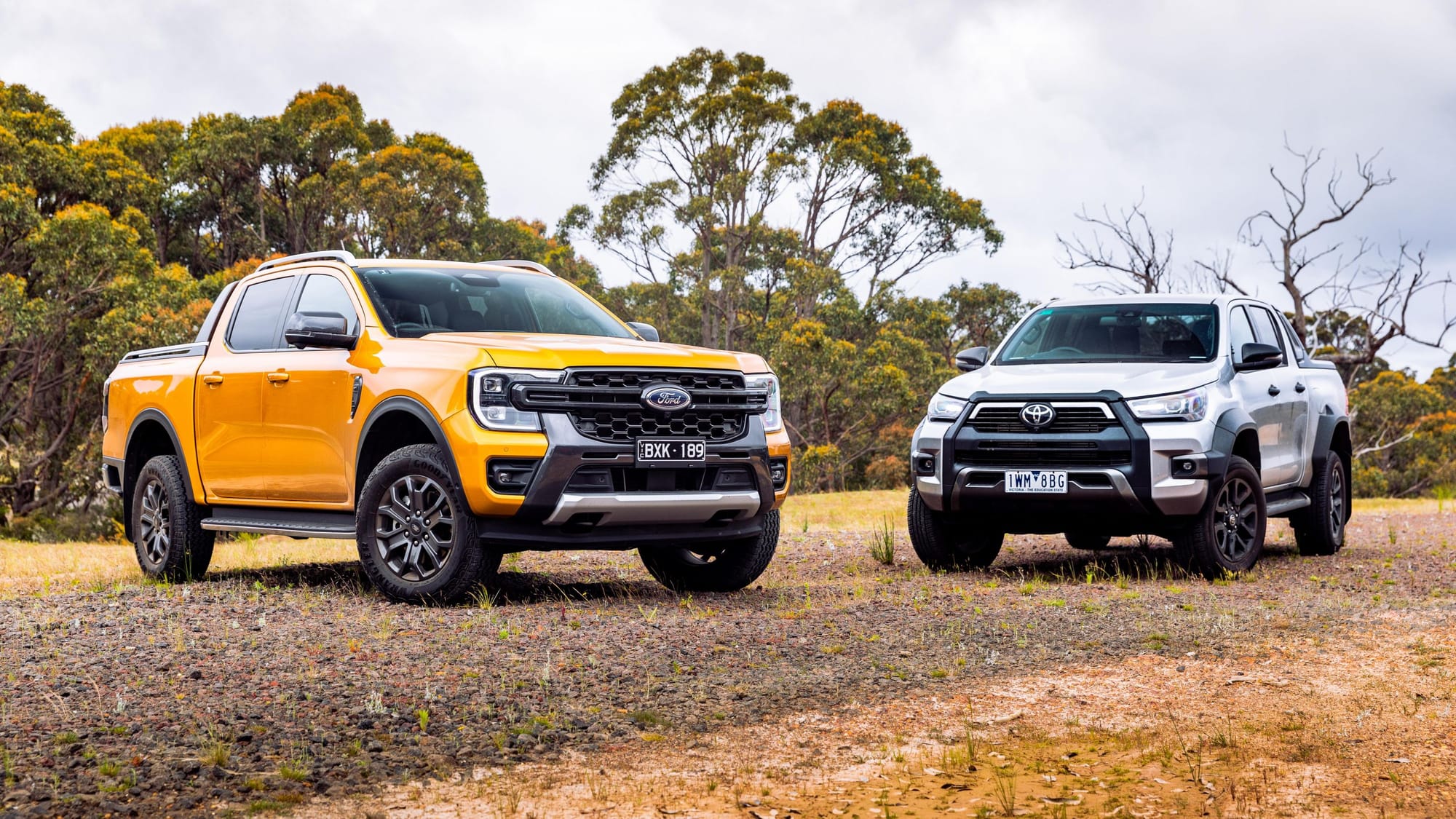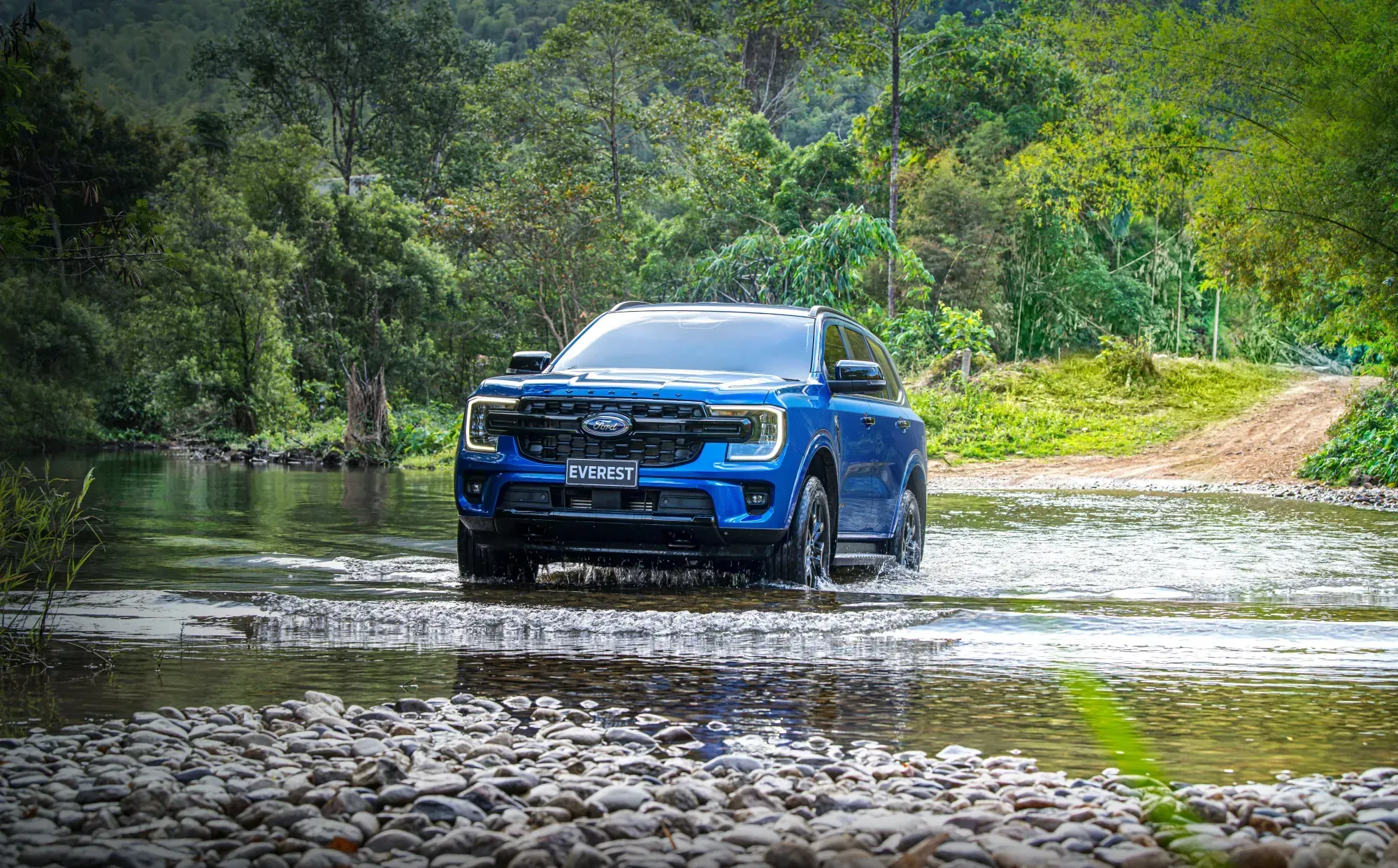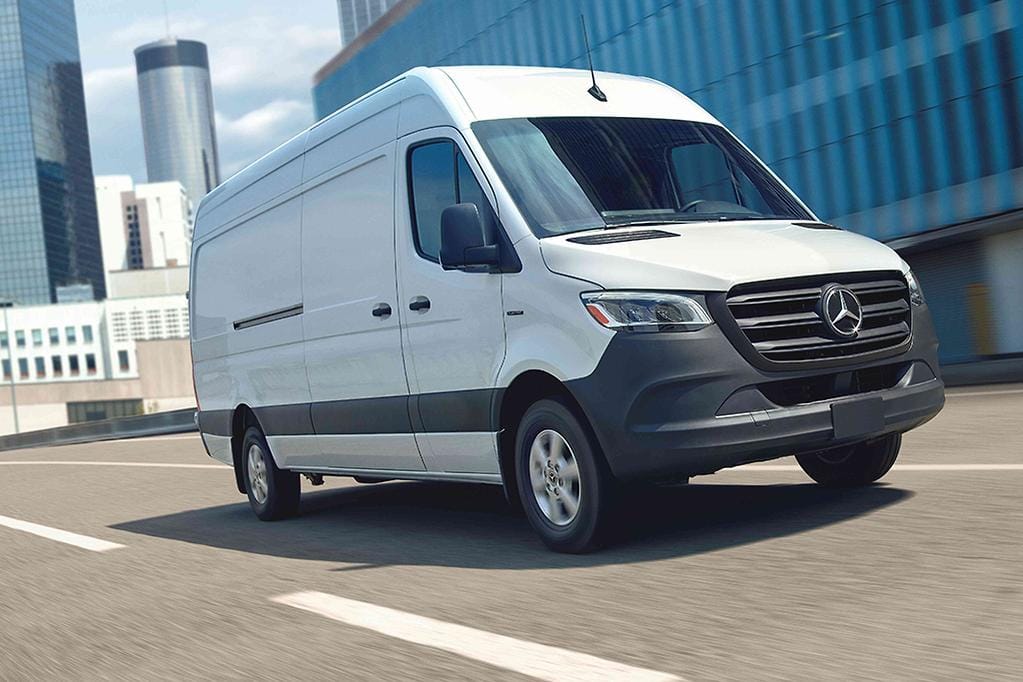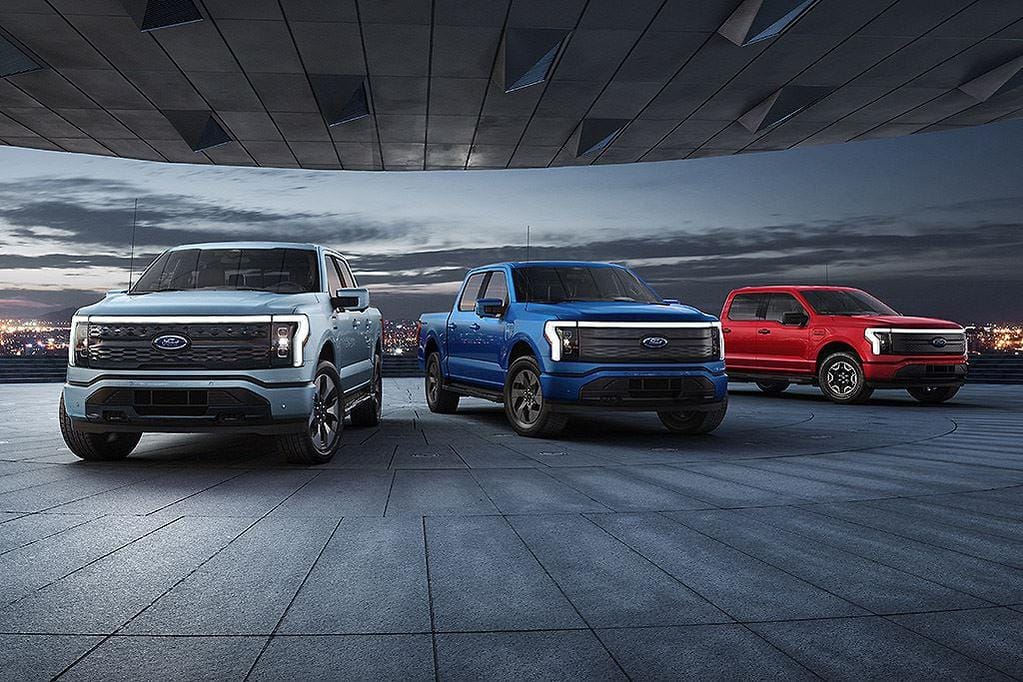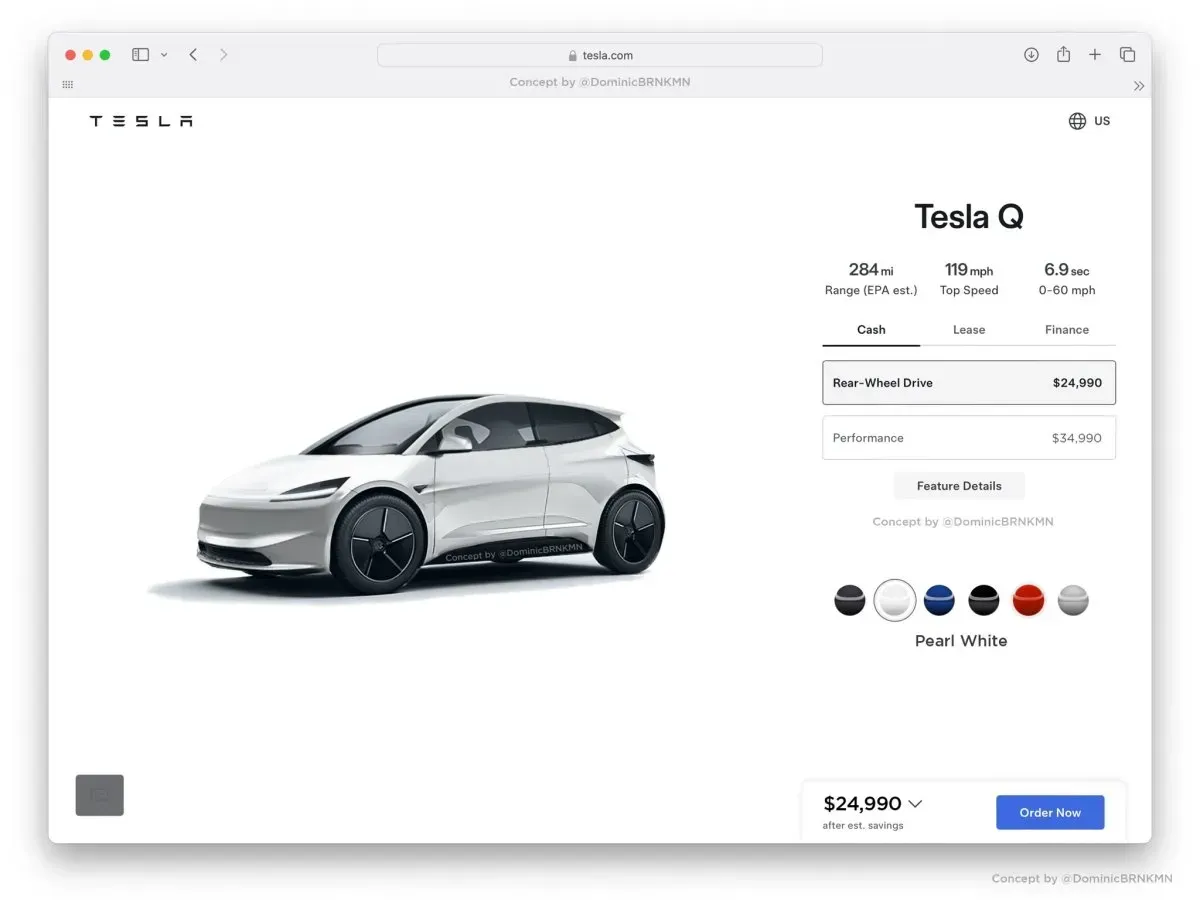Tesla, the electric vehicle manufacturer led by Elon Musk, has been revealed to have lobbied the UK government to increase costs for buyers of petrol and diesel vehicles while pushing for stronger environmental regulations.
This information came to light through documents obtained via a Freedom of Information request by the EV newsletter The Fast Charge.
- Tesla's European boss, Joe Ward, sent a letter to UK Roads Minister Lilian Greenwood in July 2024, stating: "The government should ask those still choosing to purchase a new polluting vehicle, to pay more."
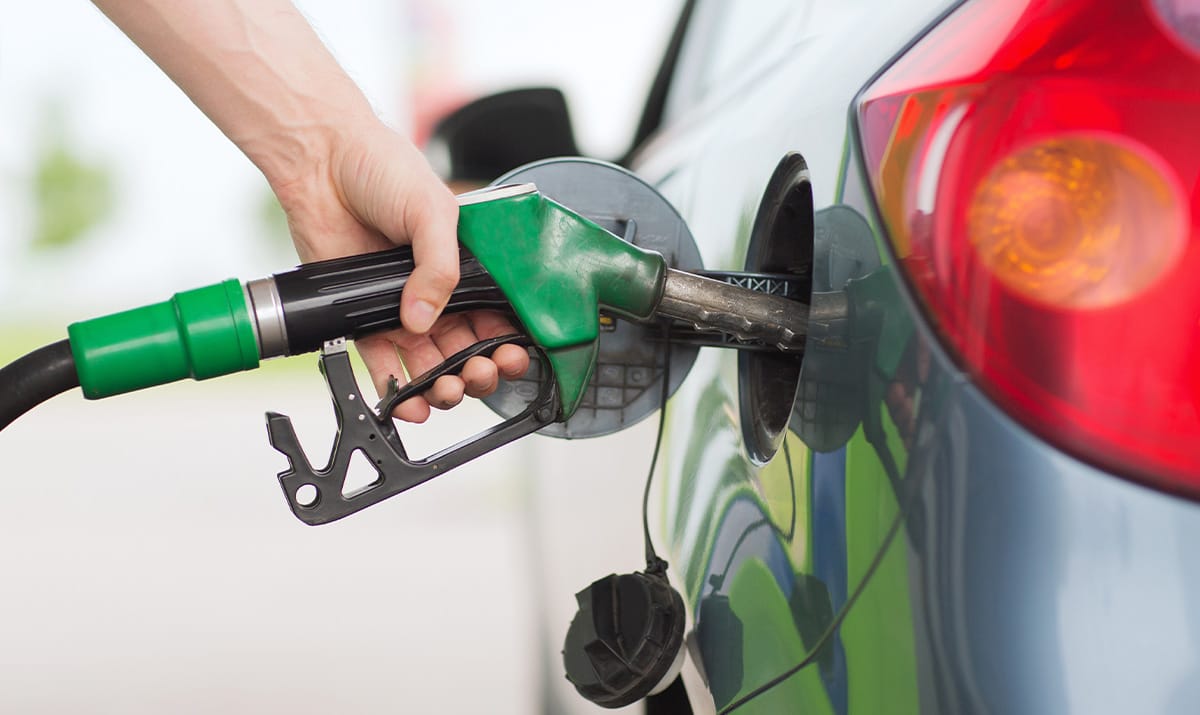
- The company suggested that subsidies for electric vehicles could be funded by charging higher fees to those buying petrol and diesel cars.
- Tesla advocated for strengthening and protecting the Zero Emission Vehicle (ZEV) mandate, which requires automakers to sell a specific number of electric vehicles annually.
- The letter praised the Labour Party's stance on decarbonizing the energy system by 2030 and achieving net-zero emissions.
- Tesla's position contrasts with other UK carmakers who are pushing for the ZEV mandate to be relaxed, citing insufficient customer demand for EVs.
- The company stands to benefit significantly from a strong ZEV mandate, as it can sell surplus credits generated from its imported Chinese-made electric vehicles.
This lobbying effort occurred shortly after the Labour Party's election victory and weeks before Elon Musk publicly criticized the UK government over summer riots.

The revelation highlights the complex relationship between Tesla's business interests and Musk's public statements on UK politics.Tesla's push for higher costs on petrol vehicles aligns with Musk's belief that carbon emissions represent an "unpriced externality" that should be taxed.

The company has consistently advocated for stricter rules on clean transport in its government submissions.As the UK government reviews changes to the ZEV mandate, Tesla's position underscores the ongoing debate between accelerating the transition to electric vehicles and addressing concerns from traditional automakers about market readiness.



